A mast cell is a type of white blood cell that can be found in most tissues of the body, but are particularly concentrated in the airways, skin and gastrointestinal tract . Mast cells are part of the innate immune system which is the body’s first line of defense that helps to keep pathogens such as viruses, bacteria, and other foreign particles in check.
The sac-like granules found inside mast cells are ready to release their contents in response to a trigger like physical, emotional or environmental stressors. These granules store a variety of substances, or mediators, including histamines and cytokines which come into play during an inflammatory response.
Mast cell activation syndrome (MCAS) is a condition in which there is an inappropriate and excessive release of mediators that can cause itching, rashes, abdominal pain, nausea, vomiting, diarrhea or even neuropsychiatric symptoms like anxiety and depression. Both the triggers and clinical manifestations of MCAS are wide ranging and can affect different organ systems. Every patient presents differently.
MCAS symptoms may include the following: brain fog, headache, anxiety, nasal congestion, itchy throat, shortness of breath, bloating, diarrhea, nausea, vomiting, bone or muscle pain, flushing, itching, hives, rashes, fainting, unstable blood pressure, bladder irritability, frequent urination, neuropathic pain, lightheadedness, vertigo, sleeplessness, fatigue, decreased attention span, rapid heart rate and the list goes on.
MCAS triggers: food, alcohol, odors, temperature (hot or cold), stress (physical, emotional, environmental), fatigue, medication dyes/preservatives/fillers, insect bites and stings, pollen, latex and infections.
Diagnosis is based on a patient’s history, clinical presentation, lab data and response to interventions.
Treatment for MCAS may include lifestyle changes, reducing inflammation, low histamine diet and addressing infections. Pharmacological interventions may include leukotriene inhibitors or mast cell stabilizers. It is important to see a provider for proper evaluation before starting any new medications or supplements.
References:
Afrin, L. B., Self, S., Menk, J., & Lazarchick, J. (2017). Characterization of Mast Cell Activation Syndrome. The American journal of the medical sciences, 353(3), 207–215. https://doi.org/10.1016/j.amjms.2016.12.013
American Academy of Allergy Asthma & Immunology. (n.d.) Mast Cell Activation Syndrome (MCAS). https://www.aaaai.org/conditions-and-treatments/related-conditions/mcas
Krystel-Whittemore, M., Dileepan, K., & Wood, J. (2016). Mast Cell: A Multi-Functional Master Cell. Frontiers in Immunology. https://doi.org/10.3389/fimmu.2015.00620






